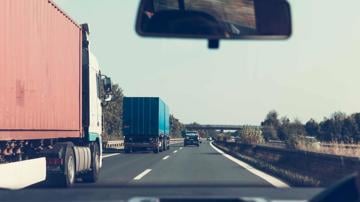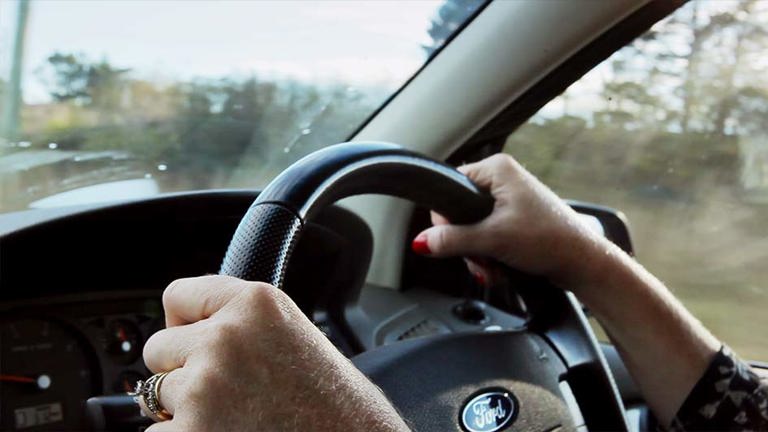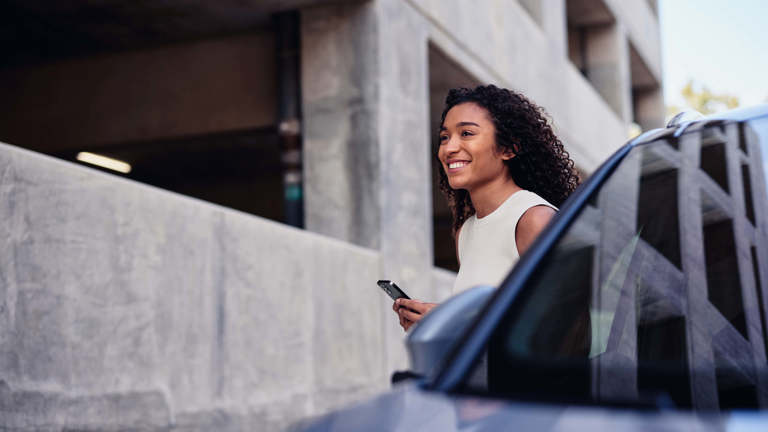Dead batteries, flat tyres, no petrol... These are the things of road nightmares.
Unfortunately, breaking down happens to the best of us at the worst of times. In the past year, our emergency roadside assistance team have responded to 25,843 callouts. That's a lot of breakdowns, a lot of panic and a lot of frustration.
Believe it or not, there is a way to stay calm amidst a car breakdown and it's as easy as being prepared. So before you head out on the road next, read up on these essential tips for what to do if your car breaks down.
Before it happens - Take note
In most cases, your car will give you some sort of warning sign before completely breaking down, such as overheating, slowing down, making unusual noises or vibrating. When it does, pay close attention to the sights and sounds that it makes. Which dashboard lights are on? What does the engine sound like? Is there any steam or smoke? This information will be important in helping roadside assistance and your mechanic or repairer understand what happened.
As it's happening - Get off the road
As soon as it's safe to do so, pull over to the shoulder of the road, as far away from traffic as you can possibly get. Park the car, put your emergency brake on and turn your wheels away from the road so it can't roll into traffic. Next, make your car visible by raising the bonnet or tying something to the antenna.
If your car completely breaks down and you are unable to move it, turn your hazard lights on and hang a cloth, towel or piece of paper out of the window as a sign for help. If it's dark outside, turn on your interior lights instead of your hazard lights, as they may make your car look like it's still moving.
If you've broken down on the motorway, stay inside your car with your doors and windows locked. Whilst there is a risk that you may get struck from behind, this greatly declines the more visible you make your car, and attempting to walk across the motorway is far more dangerous.
After it's happened - Call for help
Once you and your car are safely off the road, call roadside assistance1, which may be included in your comprehensive car insurance policy. So that you are always prepared, save the number in your phone as you may not be able to Google it if there's poor reception. It's also a good idea to keep a spare phone charger or battery in your glove box so you don't have to worry about your phone dying. Once you're on the phone with roadside assistance, mention if you have any unusual circumstances such as if your car requires special transport or fuel.
Most importantly, start preparing now for the unexpected. If you haven't already, put together an emergency kit for your car, complete with jumper cables, reflectors, tools, water and the contact details for your insurance provider and roadside assistance. In the unfortunate event that you do break down, at least you'll have peace of mind knowing you've prepared for the worst. Knowing what to do if your car breaks down prevents panic and helps you deal with the situation better.
1 Available with Comprehensive policies. Please read the Youi Roadside Assist Terms and Conditions for the full terms, including the limitations, exclusions, and waiting periods that apply to Youi Roadside Assist.



